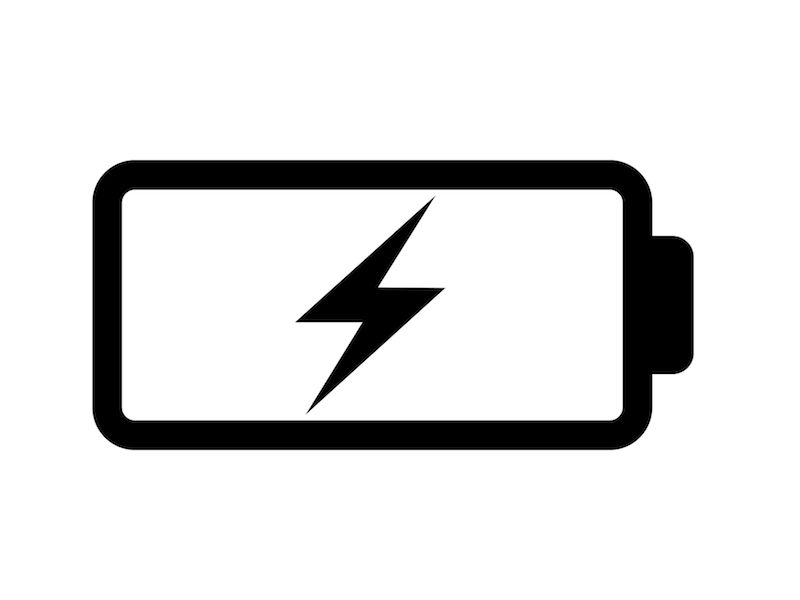
Rechargeable hearing aids are designed so that you’ll need to worry less about losing battery power, but the technology might also make you a little nervous when you depend on your devices to hear. Do rechargeable hearing aids work as well as marketed or do they even work at all?
The anxiety is understandable and so are the question you may have. A hearing aid is often as important for the enjoyment of a tv show or a movie as it is for a trip to the grocery store or any other part of day to day life. It’s important that a piece of technology functions correctly and reliably, especially when it impacts so many aspects of life.
What Type of Battery do I Have?
Most contemporary hearing aids have rechargeable batteries by default, so if you bought your hearing aids recently it’s likely that your hearing aids will have one of two battery types. Silver-zinc batteries, which can normally be identified by a battery door on the device, are rechargeable, but the batteries may need to be replaced every so often. A Lithium-ion battery, however, will last for the duration of the life-cycle of the hearing device and, as such, those devices will not have that telltale battery door.
How to Care For Your Rechargeable Hearing Aid
For the most part, rechargeable hearing aids do work, and they work well. As battery technology has advanced in the last few years, the reliability of these devices has increased dramatically. In order to improve reliability, however, there are some maintenance steps users can take as they would with any other electronic technology.
- Keep Your Hearing Aids Clean and Dry: No matter how often you use or do not use your hearing aids, they have plenty of occasion to gather moisture, debris, and dust. Your hearing aid may not fully charge if it is subjected to any of these three things. When connecting your hearing aid to your charging station, as with any other time, it’s important to keep your device clean.
- Keep Your Hearing Aids on The Charging Station: If you regularly store your rechargeable hearing aids on their recharging station you can extend the life of your battery. The long term battery life is not shortened by charging a battery that is not totally drained.Actually, you can actually increase the life of the battery by making sure your hearing aids are charging when not in use. For many people, placing their charging station beside their bed is a convenient reminder to charge the devices when not being used.
- Be Mindful of Wires: Either the hearing aid itself or the charging station will have some type of wire element on most hearing aids. Being careful of these wires is essential for hearing aid users; do not pull or hold your device by these wires as this will damage the connections that enable your hearing aid to charge.
How to Change a Rechargeable Battery
Lithium-ion batteries will normally last the as long as your device does. So replacing those batteries won’t be something you ever have to be concerned about. Simply keep recharging your hearing aids as long as necessary.
Hearing aids that depend on silver-zinc batteries, however, may need new batteries once in a while. Changing batteries in the correct way can help increase the longevity of your hearing aids. Because of this, hearing professionals suggest the following:
- Store batteries in a room temperature spot that is also certain to be dry.
- Before changing batteries, make sure you wash your hands.
- Ensure that your battery compartment is clean and free of moisture.
- Don’t get rid of any packaging or plastic tabs until you’re ready to use batteries.
- Five minutes before taking off any tabs that might be attached let the batteries sit at room temperature.
Non-Use For Long Periods
If you are planning not to use your hearing aids for long amounts of time, leaving them on the charger might no longer be the best manner to store your devices. Simply unplug your hearing aid and put it in a dry cool place if, for example, you know you won’t be using them for several weeks or a month.
Consider leaving the battery door open so you can stop moisture from corroding the batteries if you use silver-zinc batteries.
Keep it Charged Every Day
All your general requirements should be met if you charge your hearing aids once per day. To get 24 hours worth of battery life with a lithium-ion battery will usually only require 3-4 hours every day.
Do rechargeable hearing aids work? They don’t only work, they are becoming more common all the time. Contact your local hearing aid retailer to see all the different models
